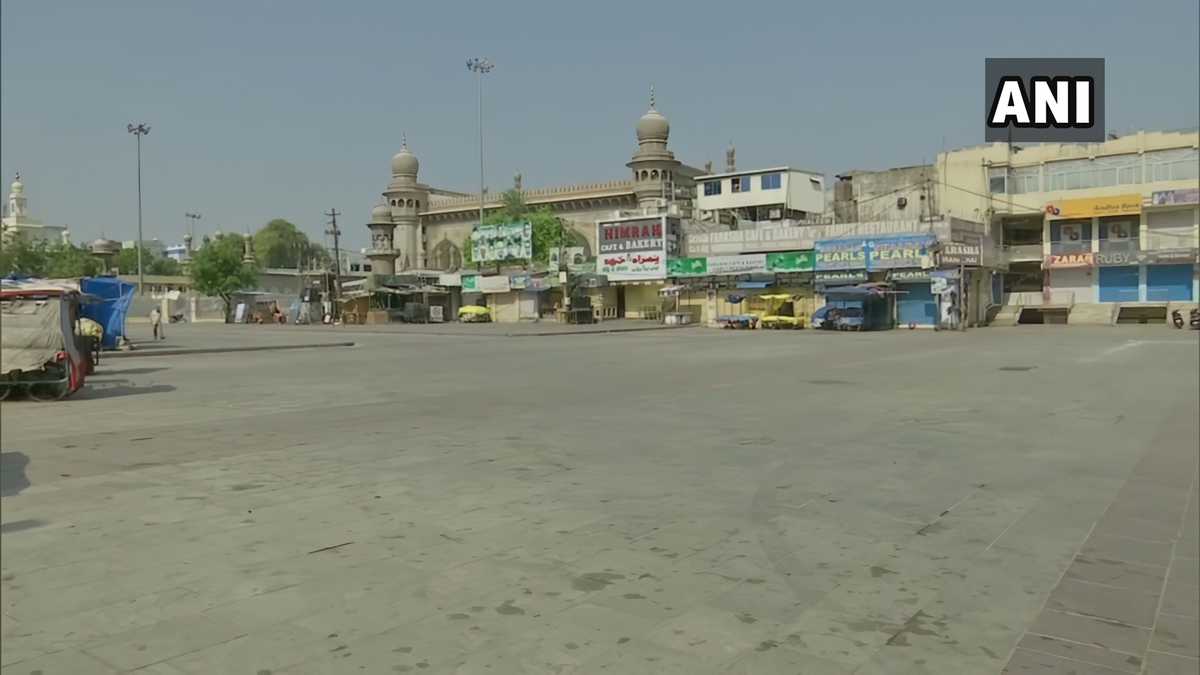Hyderabad: This is the second time in the history of Hyderabad that Ramadan will be a low-key affair in Hyderabad. Mosques and markets wear deserted look.
Musi River flood
Hyderabad had lacked Ramadan sheen for the first time when Musi River flood occurred. The Great Musi Flood was a devastating flood that occurred on 28 September 1908, corresponding to 3rd Ramadan 1326 Hijri, in Hyderabad on the banks of Musi River. Ramadan had lost its festivities as many had lost their loved ones and many lost all their belongings.
Thus Hyderabad has lost its Ramadan sheen for the second time in 112 years. Musi River flood had turned roads of the city into rivers while the coronavirus lockdown in 2020 has given roads a deserted look.
Ramadan in Hyderabad a low-key affair
The holy month of Ramadan has started and yet the streets of Charminar and Mecca Masjid in Hyderabad wear a deserted look as people remain indoors and refrain from public gathering amid the coronavirus lockdown.
“Never have I seen the streets empty and shops closed during the months of Ramadan. Every year, shops remain open the whole night and the streets are crowded,” said Mohammad Misbahuddin, a general store owner at Char Minar, recalling the “good old days”.
He further said, “It is the first time that the streets of Char Minar and Mecca Masjid are empty except for Greater Hyderabad Municipal Corporation (GHMC) employees and police personnel.”
“However, I do agree that the lockdown was necessary to contain the spread of coronavirus. I pray that this crisis be over soon,” he added.
Meanwhile, Mohammad Arif, a resident of Mecca Masjid area, said that the lockdown has affected stray animals and the daily wage earners.
“Since the lockdown the stray animals, which used to be fed by shopkeepers here are starving for food,” he said. “Even though Ramadan has started we are facing problems like shortage of food as we do not have any work,” he added.


